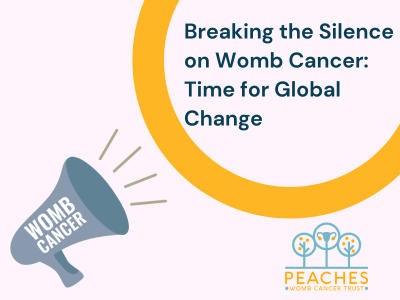Womb (uterine) cancer is the second most common of the five gynaecological cancers globally, yet it remains absent from global health priorities. Unlike cervical or ovarian cancer, womb cancer has not benefited from widespread public awareness, political attention, or coordinated efforts to improve prevention, diagnosis, and care.
This lack of visibility is not accidental. Stigma around gynaecological health, combined with misconceptions that womb cancer is less severe or primarily lifestyle-related has contributed to inaction. The impact of this includes limited advancements in research, delayed development of tailored guidelines, delayed diagnoses and significant gaps in access to timely and effective care – especially for women in underserved or higher-risk communities.
The result is a mounting health equity issue: persistent disparities in outcomes, rising mortality in low-resource settings, and preventable suffering for women worldwide. It is time to break the silence around uterine cancer and bring it onto the global health agenda.
Spotlight on uterine cancer: Shaping access to equitable and high-quality care position paper launched today calls for global change.
The research behind the paper was developed and funded by AstraZeneca in collaboration with Australia New Zealand Gynaecological Oncology Group, Egyptian Gynecological Oncology Society, European Network of Gynaecological Cancer Advocacy Groups, European Society of Gynaecological Oncology, International Gynecologic Cancer Society, International Gynecologic Cancer Advocacy Network, HaBait Shel Bar (Israel Women’s Cancer Association), Peaches Womb Cancer Trust, Endometrial Cancer Action Network For African Americans, Society of Gynecologic Oncology and the Foundation for Women’s Cancer.
Together we are calling for urgent, coordinated action from stakeholders across sectors – including policymakers, health systems, advocacy groups, and industry – to change the trajectory of this often-overlooked disease.
Download Spotlight on uterine cancer: Shaping access to equitable and high-quality care


